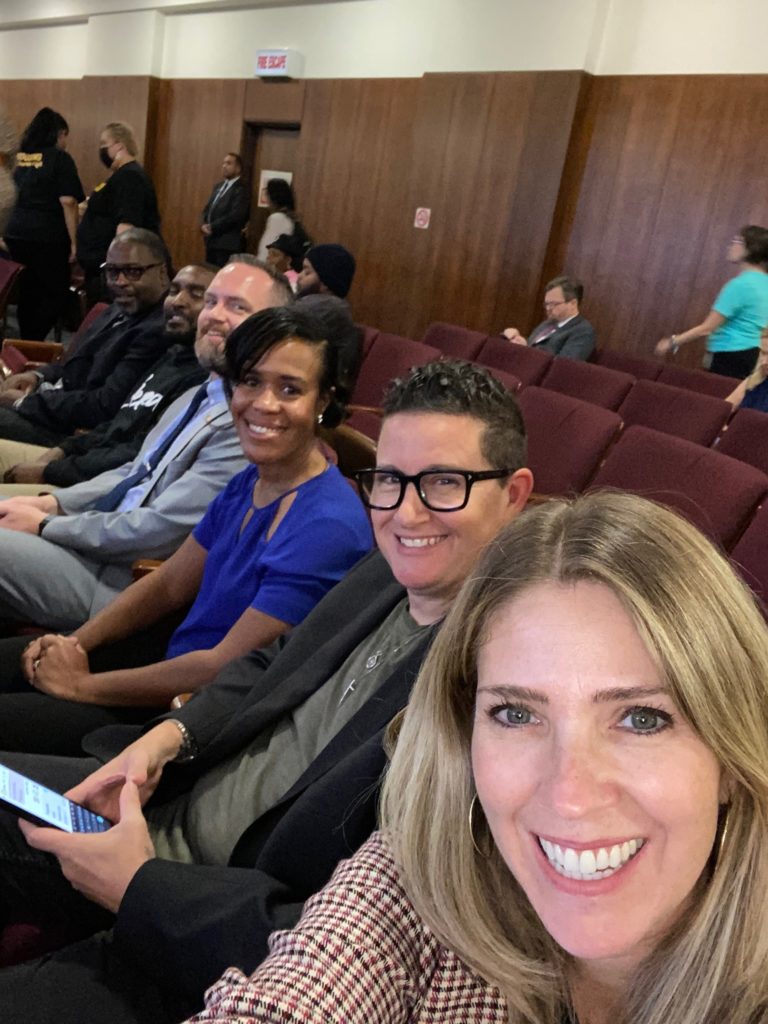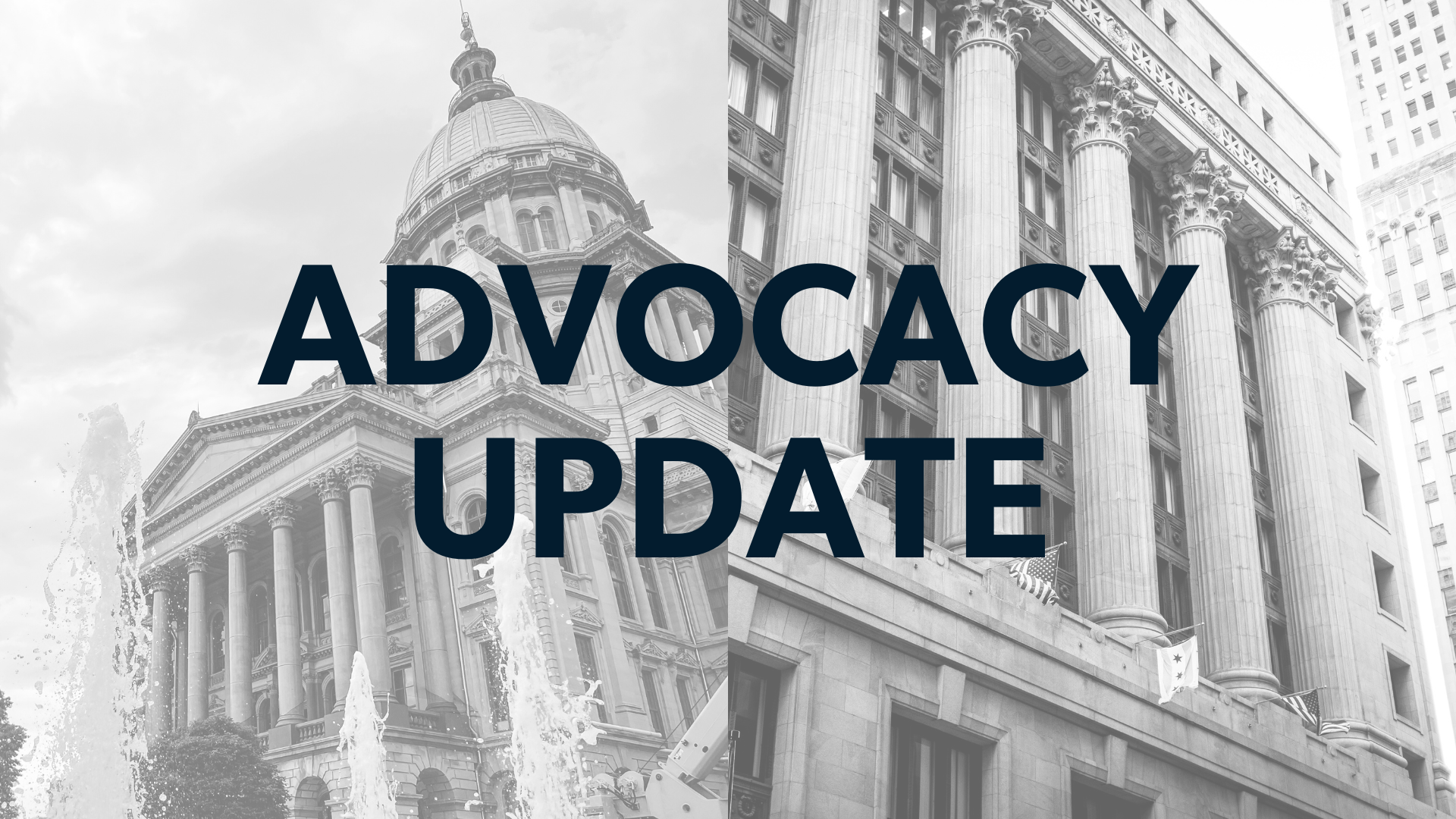Update 11/7/2023
On Nov. 7, Chicago City Council approved (32-17) the ballot question to increase the real estate transfer tax. Despite our advocacy efforts and significant outreach, this measure was approved and will be considered by voters on March 19, 2024.
While we did not get the outcome intended, passage of this resolution was anticipated. Our strategy includes continued education and outreach over the coming months leading up to the March primary. Please attend our monthly Coffee with Your GAD to stay informed and engaged in this topic and other issues happening in our government.
City Council Hosted a Hearing on the Proposed Real Estate Transfer Tax Resolution
On Wednesday, October 4, City Council held a hearing on the proposed real estate transfer tax increase. While a representative from our association and Illinois REALTORS® was prepared to testify during the hearing, we were not allowed to do so as we were not chosen in the lottery. Both organizations were involved in initial discussions with Council members and the administration throughout the summer on the proposed tax increase. Since August, the Mayor’s office and proponents of the tax increase have excluded all representatives of the real estate industry from deliberations.
Your Government Affairs Directors and many members attended the hearing to represent REALTORS® and were prepared to testify. Thank you Deanous Reid, F.J. Williams Realty, Antonia Mills Wesselink, Antonia L. Mills, Attorney at Law, Travis Williams, A.R.E Partners, & Staci Slattery, North Clybourn Group, Inc., for attending and representing.

Transfer Tax in the News
- Op-ed on behalf of the Chicago Association of REALTORS® and Illinois REALTORS® from Crain’s Chicago Business
- City Council to Hear First Public Comment on Real Estate Transfer Tax from WBEZ
- Chicago Real Estate Transfer Tax Proposal from Mayor Brandon Johnson Already Faces Pushback from ABC 7
- Mayor Brandon Johnson-Backed Plan to Fight Chicago Homelessness by Hiking Taxes on High-End Property Sales Takes a Step Forward from the Chicago Tribune
What is the Proposed Real Estate Transfer Tax Resolution?
A proposed resolution to the real estate transfer tax was introduced to City Council in September. This proposed resolution would raise the real estate transfer tax on properties over $1 million. The introduced language for the resolution can be read here.
Currently, transfer taxes for all properties are 0.75%. The proposed resolution would create a tiered, marginal structure on these taxes. This means:
- Anything up to $1 million would be taxed 0.6%
- Sales between $1 million and $1.5 million would be taxed 2% on the amount over $1 million
- Sales over $1.5 million would be taxed 3% on the amount over the $1.5 million mark
For example, a property that sells for $1.2 million would be taxed 0.6% on the first $1 million and then taxed 2% on the $200,000.
We oppose this legislation due to our concern for the short and long-term health of the real estate market in the following ways:
- The real estate transfer tax increase will make housing more expensive. Costs to purchase rental housing units are passed down to the tenants, contributing to rising rental costs.
- With rising interest rates, increased building costs and excessive property taxes, a tax increase now will make builders less likely to build more housing in Chicago moving forward.
- Many small neighborhood residential buildings with ground-level retail are valued at $1 million or more. An increase could force grocers, healthcare facilities and small businesses out of neighborhoods.
- Many Chicago families pool resources to live in multifamily buildings and may rent out a unit – this tax takes away tens of thousands of dollars from families trying to build wealth.
What’s Next?
There’s still time to contact your alderman and let your voice be heard. Complete Illinois REALTORS® call for action on the resolution and encourage your alderman to vote no on an increase to the transfer tax.
The resolution must now go through the Rules Committee and then be approved by City Council. If it is approved, the resolution will end up on the March 2024 primary ballot to be voted on by Chicago residents.







